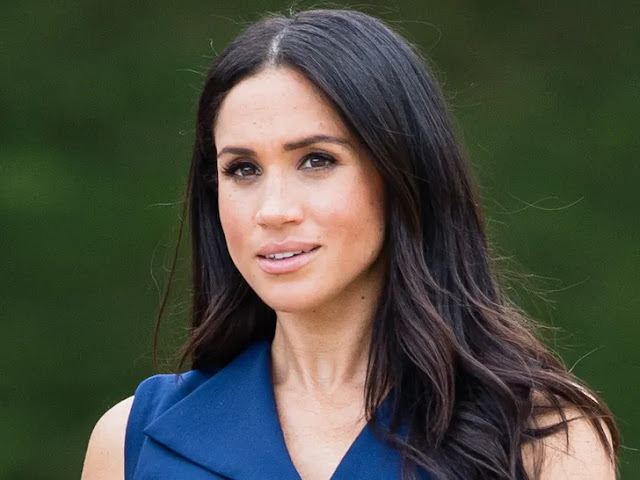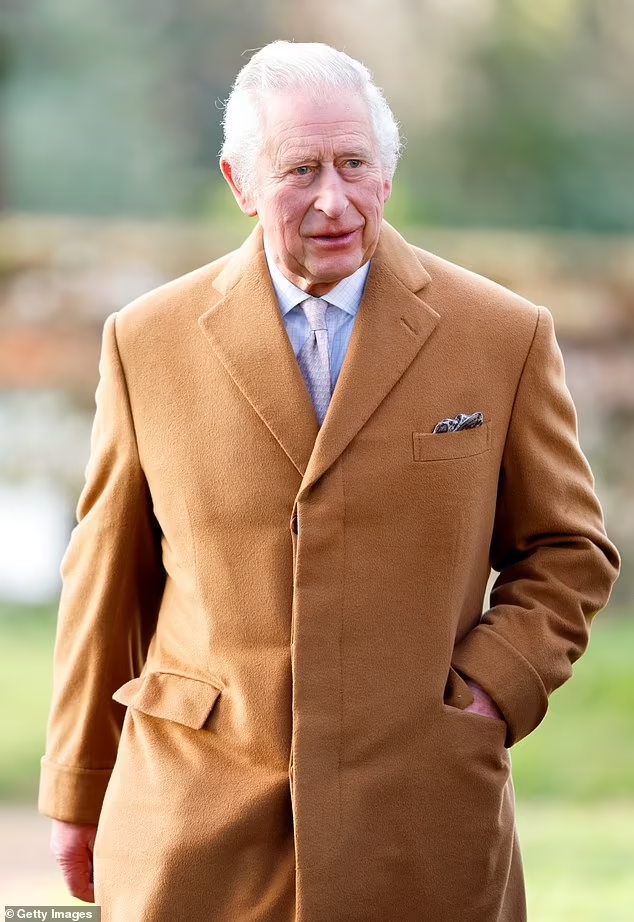Prince Harry's US visa documents will NOT be made public, Judge Carl Nichols rules
- Get link
- X
- Other Apps
A U.S. judge has ruled that Prince Harry's visa documents will remain private, delivering a legal victory for the Duke of Sussex. In a decision issued by U.S. District Judge Carl Nichols, the court determined that Harry has a "reasonable privacy interest" in his immigration records, preventing their public release.
 |
Prince Harry was in New York last Monday at the Concordia Annual Summit. He scored a major court victory on the same day after a judge rules his US visa case will remain sealed
The ruling came in response to a lawsuit filed by the Heritage Foundation, a conservative think tank, which sought the release of Prince Harry's U.S. immigration paperwork through a Freedom of Information Act (FOIA) request. The foundation raised questions about whether Harry's admissions of past recreational drug use, as described in his 2023 memoir Spare, could have affected his visa status. In Spare, Harry disclosed personal details, including his experiences with drug use and other intimate aspects of his life.
 |
The Duke of Sussex's visa application was called into question after he admitted in his 2023 memoir to using various drugs recreationally – which he would've been required to disclose in immigration documents. He is pictured with wife Meghan Markle in London in 2022
Despite these revelations, Judge Nichols ruled that Harry's privacy should be respected, noting that while the Duke's status as a public figure diminishes his privacy interests to some extent, it does not eliminate them entirely. The court rejected the Heritage Foundation's argument that the public had a strong interest in the disclosure of Harry's immigration records, stating that it did not justify violating his privacy.
 |
In a court decision handed down on Monday, US District Judge Carl Nichols said the court agrees that Prince Harry's 'privacy interest outweighs any public interest'
 |
The judge's ruling states that Harry's memoir had included 'intimate details of his life' |
This decision concludes the five-month legal battle over the disclosure of Harry's immigration file, shielding him from further public scrutiny regarding his U.S. residency and visa status.
The Heritage Foundation argued that Prince Harry may have lied on his U.S. visa application regarding his past drug use, citing admissions from his memoir Spare and his Netflix series, where Harry openly discussed using cannabis, cocaine, and magic mushrooms. They sought access to his immigration records under a Freedom of Information Act (FOIA) request, claiming that the public had a right to know if he was truthful on his application, particularly concerning the section that asks about drug use.
 |
During the case in Washington, D.C., U.S. District Judge Carl Nichols acknowledged that Harry's memoir sold over 1.4 million copies on its first day and became a New York Times bestseller, in which Harry revealed "intimate details" about his life, including drug use on multiple occasions. Despite these admissions, the judge ruled that Harry still has a "reasonable privacy interest" in his immigration records.
 |
In March, DHS lawyers asked for more time to comply with a judge's ordered to provide more information about why it did not want to release the records
Judge Nichols conceded that the Heritage Foundation was "partially correct" in asserting that Harry’s public figure status and his voluntary disclosures in Spare reduce his privacy interests compared to those of ordinary foreign nationals. However, the judge ultimately concluded that these factors did not warrant the release of his immigration records, as his privacy concerns remained significant.
In his ruling, U.S. District Judge Carl Nichols addressed the Heritage Foundation's claim that Prince Harry's public disclosures about drug use should minimize his privacy interest in his U.S. immigration records. The judge stated that Heritage "goes too far" in suggesting that Harry's privacy interest is so diminished by his public statements as to be "de minimis"—a Latin term meaning very small or insignificant. Despite Harry's openness about his personal life, particularly in his memoir Spare, Judge Nichols concluded that these disclosures did not entirely eliminate his right to keep certain aspects of his immigration status private.
The judge emphasized that Harry had never disclosed specific facts, but the details of these undisclosed facts are redacted in the ruling. Judge Nichols also dismissed Heritage's argument that revealing Harry's immigration paperwork would provide meaningful insight into the workings of the Department of Homeland Security (DHS), stating that the public did not have a compelling interest in the release of these records.
The ruling further notes that some documents submitted by DHS to the court were "of particular relevance," though the content is redacted, indicating the sensitivity of the material. Ultimately, the court concluded that the Duke of Sussex's privacy concerns outweighed any potential public interest in disclosing his immigration records.
The court ruling in favor of Prince Harry has led to the dismissal of the Heritage Foundation's effort to make his U.S. immigration records public. Heritage argued that releasing the records would provide insight into how the Department of Homeland Security (DHS) handles such cases, particularly given Harry's admissions of past drug use in his memoir Spare. However, Judge Carl Nichols rejected this argument, stating that the public did not have a compelling interest in the disclosure of Harry's visa paperwork.
DHS had submitted Prince Harry's immigration documents for review in April, with Judge Nichols examining them to determine if their release could cause particular harm. Despite the relevance of some of the documents, large portions of the ruling, including "particularly relevant" sections, were redacted. Judge Nichols ultimately found DHS’s initial arguments for withholding the information to be insufficiently detailed but agreed that disclosing the material would not serve a significant public interest.
The case gained additional attention due to the upcoming U.S. presidential election, with former President Donald Trump suggesting he could deport Harry if re-elected. The ruling protects the Duke of Sussex from potential embarrassing revelations related to his immigration status.
During a hearing in February, DHS attorney John Bardo argued that Harry’s memoir could not be taken as sworn testimony or proof, despite his candid admissions. Bardo suggested that Harry might have exaggerated or lied about his drug use to boost sales of Spare. The Heritage Foundation further claimed that Harry’s drug disclosures were so brazen they bordered on promoting illegal drug use. Nevertheless, the court's decision means Harry's immigration records will remain private, shielding him from further scrutiny on this matter.
- Get link
- X
- Other Apps





Comments
Post a Comment